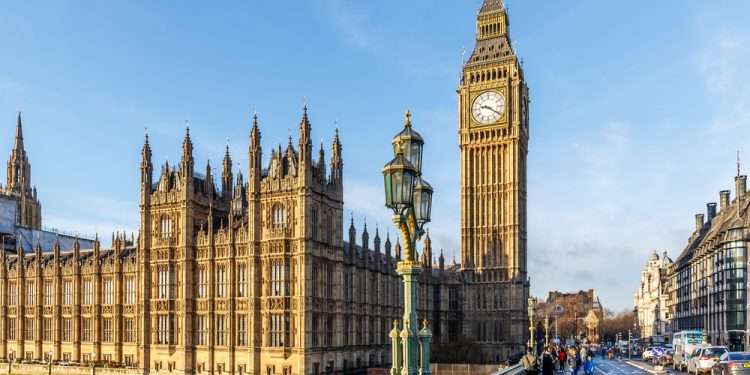The UK government is to appoint a women’s health ambassador to tackle “decades of gender health inequality” as part of its vision for women’s health.
To help deliver on the vision, the ambassador will be charged with raising the profile of women’s health, increasing awareness about taboo topics and supporting the government in implementing the strategy.
The Conservative government’s ambitions set out in its vision are:
- That all women feel comfortable talking about their health and no longer face taboos when they do talk about their health;
- That women can access services that meet their needs across the life course;
- That all women will have access to high quality information and education from childhood through to adulthood;
- That all women feel supported in the workplace and can reach their full potential at work;
- To embed routine collection of demographic data of participants in research trials to make sure that research reflects society.
The appointment follows a consultation earlier in the year that received almost 100,000 responses which revealed women’s experiences of health and care and highlighted entrenched problems within the healthcare system.
These included:
- Damaging taboos and stigmas in women’s health can prevent women from seeking help and reinforce beliefs that debilitating symptoms are ‘normal’;
- More than eight in 10 felt they were not listened to by healthcare professionals;
- The belief that services for specialities or conditions only affecting women were of lower priority compared to other services;
- Women believed compulsory training for GPs on women’s health including the menopause was needed to ensure their needs are met;
- Nearly two in three respondents with a health condition or disability said they did not feel supported by the services available for individuals with their condition or disability;
- Over half of respondents said they felt uncomfortable talking about health issues with their workplace.
Shocking revelations
Commenting on the findings, minister for women’s health Maria Caulfield said: “The responses from the call for evidence were in many ways as expected, particularly with regards to women’s priorities, but in some places the revelations were shocking.
“It is not right that over three quarters of women feel the healthcare service has not listened. This must be addressed.
“Many of the issues raised require long-term system wide changes, but we must start somewhere. I am proud to publish our vision for women’s health. It is the first step to realising our ambition of a healthcare system which supports women’s needs throughout their lives.”
Details on the action government will take to meet these ambitions will be followed by the Women’s Health Strategy in the spring.
The consultation ran from March to June 2021 and generated 110,123 responses, including almost 100,000 responses from individuals across England and over 400 written responses from organisations.






